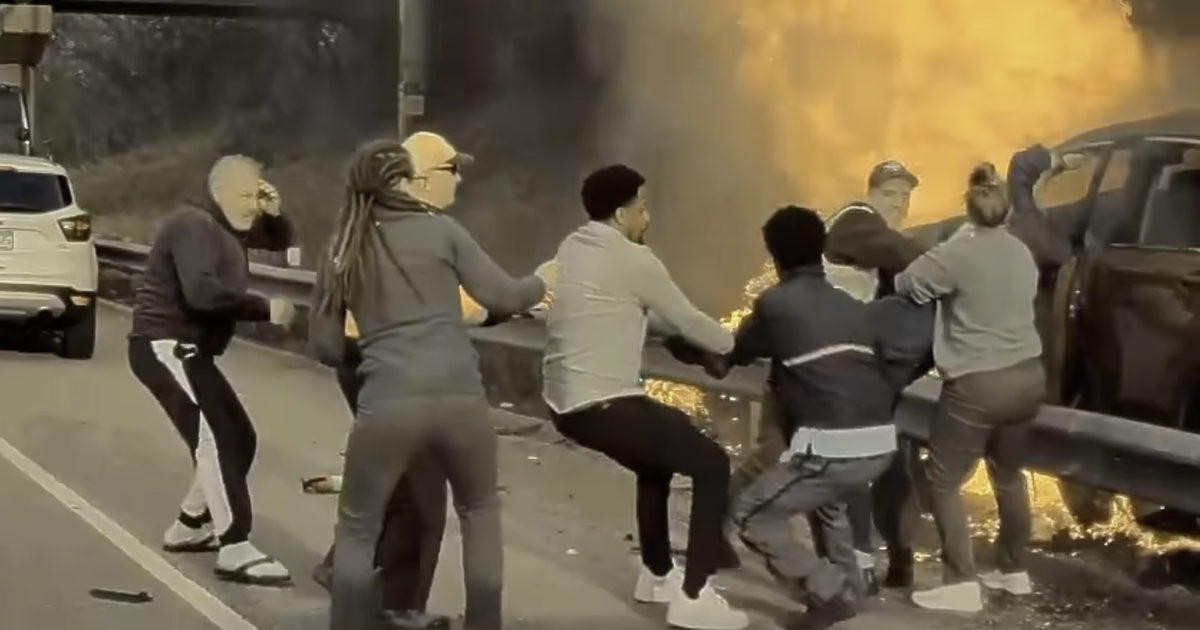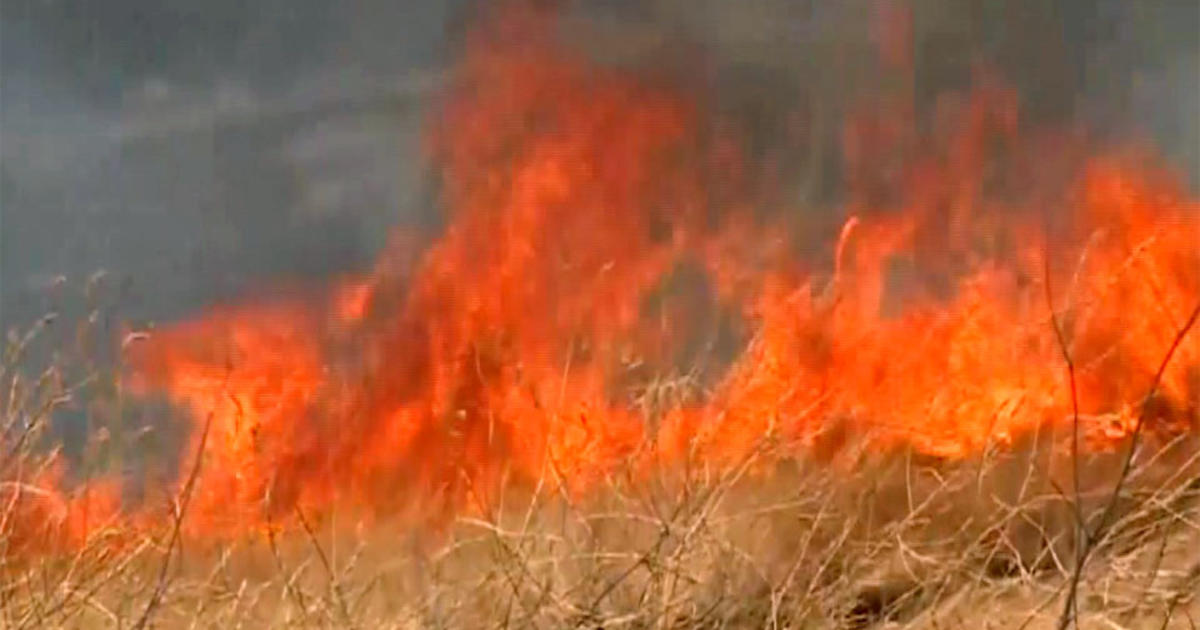St. Paul Fire Department Mourns Three Fallen Fire Heroes
MINNEAPOLIS (WCCO) -- The St. Paul Fire Department is mourning three of its own who died from invisible health dangers plaguing front line workers.
Thomas McDonough, Mike Paider and Floyd Jones died within days of each other in the last two weeks.
Their lives are a reminder of the mental and physical toll their work takes and the fight to protect fellow firefighters.
St. Paul Deputy Chief Roy Mokosso knew his three fallen brothers well.
"It has been a difficult time for St. Paul fire and Minnesota's firefighter community in general," Mokosso said.
Tommy McDonough followed in his father's footsteps to become a firefighter.
"Very much a young man to lose him at 28 years old is definitely very tragic," Mokosso said.
A young father himself, Tommy always wore a smile. Sadly, Mokosso said it seems he dealt with his demons in secret.
"We know that Tommy was exposed to traumatic events through this job which ultimately contributed to him taking his own life," Mokosso said.
Mike Paider, 53, had just been promoted in February when Mokosso called to schedule the ceremony for the next day.
"He said unfortunately not. I'm going to be off sick and I'm going to be off sick for a while," Mokosso said.
Paider never returned to work. Losing his battle with leukemia. Studies show firefighters have a greater risk of cancer from the chemicals they breathe in.
Floyd Jones beat cancer in recent years after he retired.
"He was an example to members of the community as well as a role model to black firefighters on the job," Mokosso said.
He worked long enough to see his son join the ranks. But, the 59-year-old died unexpectedly in his sleep two weeks ago.
Fire Captain Brett Riewe is the peer support team coordinator for St. Paul.
"When we have firefighters who are struggling we have options and that they don't feel like they're backed into a corner," Riewe said.
They are a group of volunteers who check in on the well being of their fellow firefighters and train them to cope. Repeating a message now that it's ok, not to be ok.
"We need to continue to work through that and keep that message out there," Riewe said.
There are a couple dozen firefighters who volunteer to be a part of the peer support group in the department of more than 400. They also connect their colleagues to professional help with clinicians if they need it.



